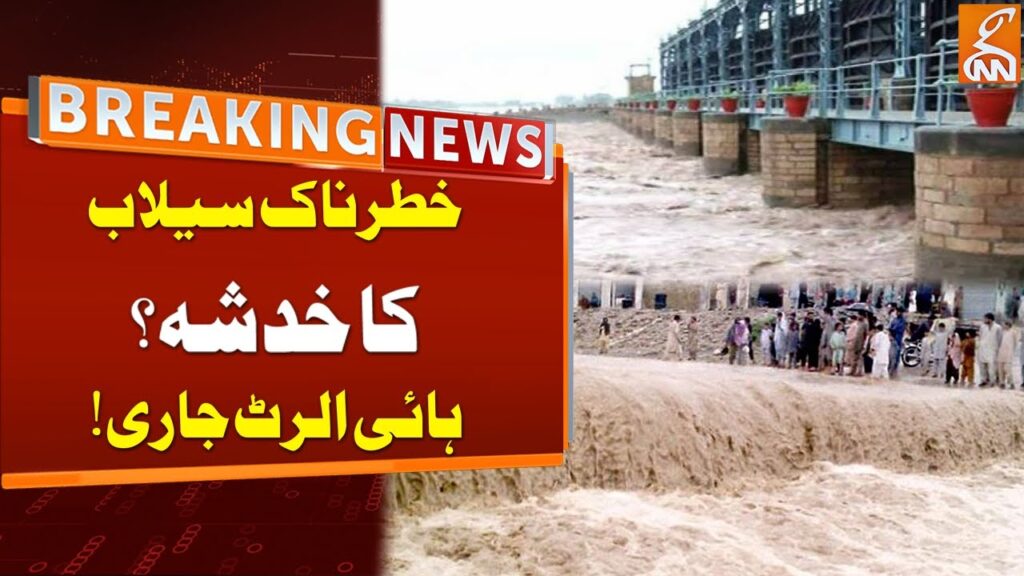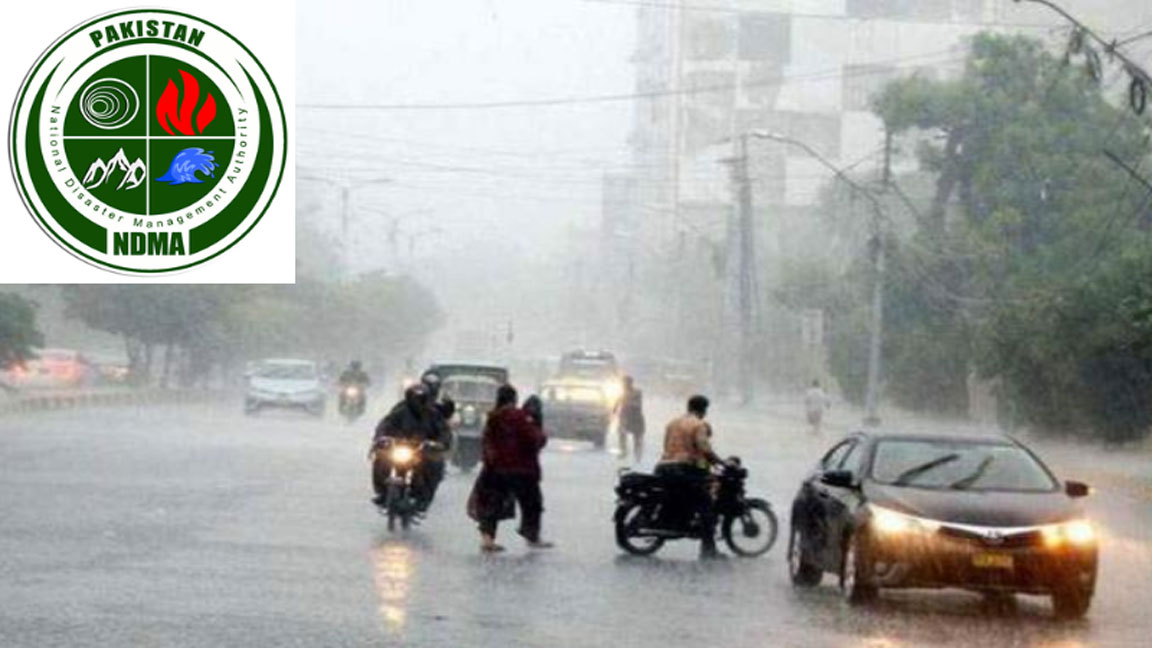The National Disaster Management Authority (NDMA) has issued an important advisory to the public, warning about the increased risks of mosquito and insect-borne diseases during the ongoing monsoon season. This alert comes in response to the seasonal spike in rainfall, which often leads to water stagnation, creating ideal breeding grounds for mosquitoes and other harmful insects.
Rising Health Concerns During Monsoon
The monsoon season brings much-needed relief from scorching summer temperatures, but it also poses serious health challenges. Heavy rains can cause waterlogging in urban and rural areas, leading to the spread of diseases such as dengue fever, malaria, chikungunya, and various forms of viral and bacterial infections.
NDMA highlighted that the combination of high humidity and stagnant water enables mosquitoes to multiply rapidly. Similarly, insects such as flies and cockroaches also thrive in damp, unhygienic environments, increasing the chances of food and water contamination.
NDMA’s Advisory for Public Safety
In its advisory, NDMA has urged citizens to take preventive measures to safeguard themselves and their families from these health hazards. The key recommendations include:
- Eliminate Stagnant Water: Regularly check and empty containers, flowerpots, water tanks, and any open spaces where rainwater can accumulate.
- Use Mosquito Protection: Apply mosquito repellents, wear long-sleeved clothing, and use insecticide-treated bed nets, especially during sleeping hours.
- Maintain Hygiene: Keep surroundings clean, dispose of garbage properly, and ensure drains are not blocked.
- Seek Medical Attention Promptly: At the first sign of fever, headaches, body aches, or rash, consult a healthcare professional to rule out vector-borne illnesses.
- Community Action: Participate in neighborhood clean-up drives to minimize breeding spots.
Diseases of Concern

NDMA’s warning specifically focuses on mosquito-borne illnesses, which have shown an upward trend in recent years during the rainy months.
- Dengue Fever – Caused by the Aedes aegypti mosquito, dengue can lead to high fever, severe body pain, and in severe cases, hemorrhagic fever, which can be fatal.
- Malaria – Transmitted by the Anopheles mosquito, malaria symptoms include chills, fever, and flu-like illness, with possible complications if untreated.
- Chikungunya – Spread by the same mosquito as dengue, it causes joint pain, rash, and prolonged weakness.
- Japanese Encephalitis – Although less common, this mosquito-borne viral disease can cause inflammation of the brain and is a major health threat in certain regions.
The Monsoon-Mosquito Link
The correlation between the monsoon season and mosquito-related diseases is well-documented. Puddles, clogged drains, discarded tires, and even bottle caps can collect water, turning them into breeding grounds. With increased rainfall, the number of such sites grows dramatically, raising the mosquito population.
Experts point out that controlling the spread of these diseases requires a combined effort from individuals, communities, and local authorities. While government health departments may carry out fumigation and public awareness campaigns, individual vigilance remains crucial.
Role of Local Authorities
NDMA’s advisory also calls upon municipal bodies to enhance their preventive measures during the monsoon season. This includes:
- Regular fumigation drives in high-risk areas.
- Timely drainage of water from public spaces.
- Public information campaigns through radio, television, and social media.
- Coordination with hospitals to prepare for possible disease outbreaks.
Public Response and Awareness

Public awareness is a vital factor in curbing the spread of mosquito-borne diseases. Schools, community centers, and workplaces are encouraged to conduct educational sessions on identifying mosquito breeding sites and adopting preventive measures. NDMA has also urged media outlets to play an active role in disseminating health advisories.
In many cities, social media campaigns have proven effective in engaging communities and reminding people to clean their surroundings. The “Clean Your Yard, Save Your Life” initiative is an example of such efforts, encouraging people to post before-and-after pictures of their cleaned spaces.
Climate Change and Vector-Borne Diseases
Experts warn that climate change could further worsen the situation in the coming years. Rising temperatures and unpredictable rainfall patterns can extend the mosquito breeding season and expand their habitats to previously unaffected areas. This could lead to higher transmission rates and more frequent outbreaks.
NDMA’s advisory reflects an increasing recognition of the link between extreme weather events and public health risks. Strengthening early warning systems, improving urban planning, and promoting eco-friendly waste management can be part of a long-term strategy to combat these threats.
Final Thoughts
The NDMA’s monsoon advisory is a timely reminder of the hidden dangers that come with seasonal rains. While the monsoon is vital for agriculture and water replenishment, it also demands a proactive approach to public health.
Citizens must take individual responsibility by keeping their surroundings clean, avoiding stagnant water, and protecting themselves from mosquito bites. Collective efforts by communities, backed by government action, can significantly reduce the risk of outbreaks and save lives.
By following the NDMA’s guidelines, people can enjoy the benefits of the monsoon while minimizing its health hazards. As the old saying goes, “Prevention is better than cure” — and during the rainy season, this advice has never been more relevant.



